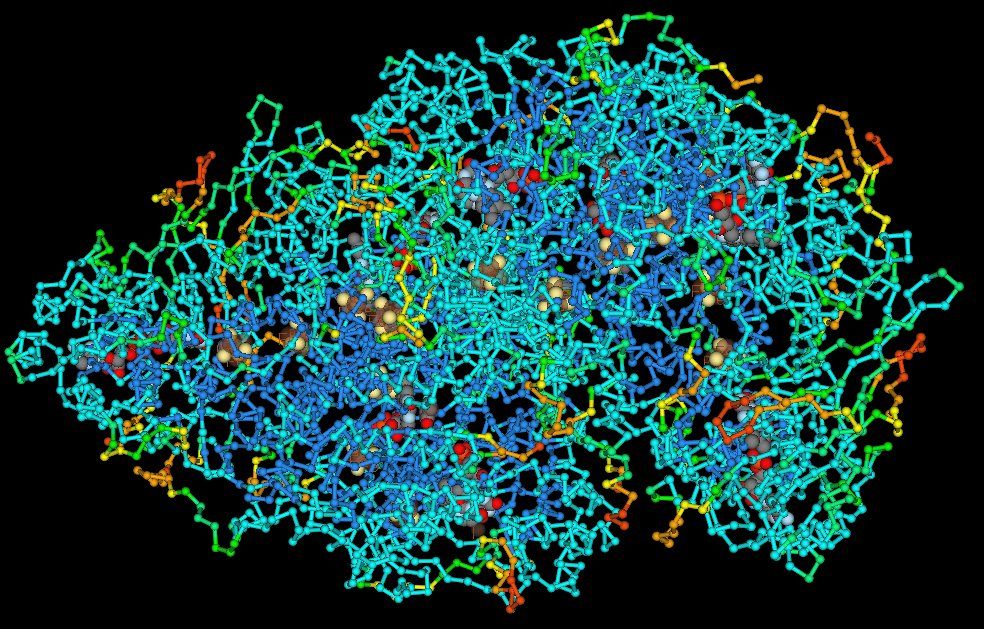Newest Growths in Polymers: Cutting-Edge Technology
Newest Growths in Polymers: Cutting-Edge Technology
Blog Article
Discovering the Varied Applications and Advantages of Polymers in Different Industries
Polymers, with their varied array of homes and performances, have come to be important in various markets, each reaping distinct advantages from their application. From improving safety and efficiency in the automotive market to transforming clinical devices in the medical care industry, polymers play a crucial role.
Automotive Field Applications
Polymers play a crucial duty in enhancing the performance and toughness of different components within the auto sector. One popular usage of polymers in the auto industry is in the production of lightweight components.

Health Care Market Advantages
In different health care applications, the benefits of utilizing polymers are commonly acknowledged for their varied series of valuable homes. Polymers play a critical function in the medical care market because of their flexibility, biocompatibility, and cost-effectiveness. One of the primary advantages of polymers in healthcare is their capability to be customized to certain demands, such as versatility, sturdiness, and biodegradability, making them optimal for a vast array of medical applications.
Polymer-based products are thoroughly made use of in clinical tools, such as catheters, implants, prosthetics, and medication delivery systems, as a result of their biocompatibility and capacity to resemble natural tissues. These products can decrease the danger of allergies or rejections, improving client safety and results. Furthermore, polymers are light-weight, making them appropriate for wearable medical devices and ensuring individual convenience.
Moreover, polymers make it possible for the growth of innovative treatment approaches, such as hydrogels for tissue engineering and nanocomposites for targeted medication distribution. Their ease of handling and sanitation makes them vital for maintaining high requirements of health in healthcare setups. Overall, the diverse advantages of polymers add significantly to improvements in clinical technology and individual treatment.
Ecological Advantages of Polymers

Additionally, polymers can add to energy cost savings because of their light-weight nature. In sectors such as transport, lightweight polymer materials can help in reducing gas usage and greenhouse gas emissions. Additionally, polymers can enable the development of energy-efficient products such look at here as insulation products that enhance energy preservation in structures.
Moreover, polymers play an important function in minimizing water contamination. For instance, using polymer-based filtering systems can successfully eliminate contaminants and pollutants from wastewater, protecting water resources and ecosystems. In general, the ecological benefits of polymers make them valuable properties in advertising sustainability and green methods across numerous markets.
Polymers in Electronics and Modern Technology
Taking into consideration the boosting demand for cutting-edge and sustainable solutions in contemporary industries, the assimilation of sophisticated polymer technologies in the world of electronics and modern technology has become a critical method for driving efficiency and efficiency. Polymers have changed the electronics market by enabling the manufacturing of lighter, more flexible, and durable electronic tools. From mobile phones to clinical gadgets, polymers play an essential duty in enhancing item layout and performance.
One significant advantage of polymers in electronic devices Full Report is their shielding residential or commercial properties, which aid shield fragile digital components from ecological variables and electric interference. Furthermore, polymers are necessary in the development of versatile display screens, wearable modern technology, and printed electronic devices, using limitless possibilities for producing clever and interconnected gadgets.
In addition, the use of polymers in electronic product packaging has actually caused developments in miniaturization and thermal monitoring, improving the general performance and dependability of digital systems. As technology continues to advance, the versatility and versatility of polymers will most certainly drive further development in the electronics market, shaping the future of innovation.
Function of Polymers in Building and Facilities
The combination of sophisticated polymer products in building and infrastructure jobs has transformed the way structures are designed and integrated in modern times. Polymers offer many benefits in the building and construction sector as a result of their convenience, durability, and cost-effectiveness. One vital role of polymers in construction is their usage in layers and sealers, supplying security against ecological factors such as dampness, UV radiation, and deterioration. Furthermore, polymers are used in the manufacturing of light-weight and high-strength composite materials, enhancing the structural integrity of structures while decreasing overall weight.
In addition, polymers play a critical function in sustainable building practices by making it possible for the development of energy-efficient frameworks. Insulating products made from polymers assist manage interior temperature levels, decreasing the requirement for heating and cooling systems and inevitably reducing power intake. The usage page of polymer-based compounds in infrastructure tasks such as bridges and roads improves their longevity and decreases upkeep prices. In general, the unification of polymers in construction and facilities displays their substantial influence on contemporary design techniques.
Final Thought
In verdict, polymers play a crucial duty in various industries such as automotive, medical care, ecological, electronic devices, and building and construction. From improving gas effectiveness in cars to enhancing clinical devices, polymers use various benefits.
Report this page